Blood oranges, cacao nibs, coconut flakes, and almond slices are added to a dairy-free, probiotic-rich coconut milk yogurt.
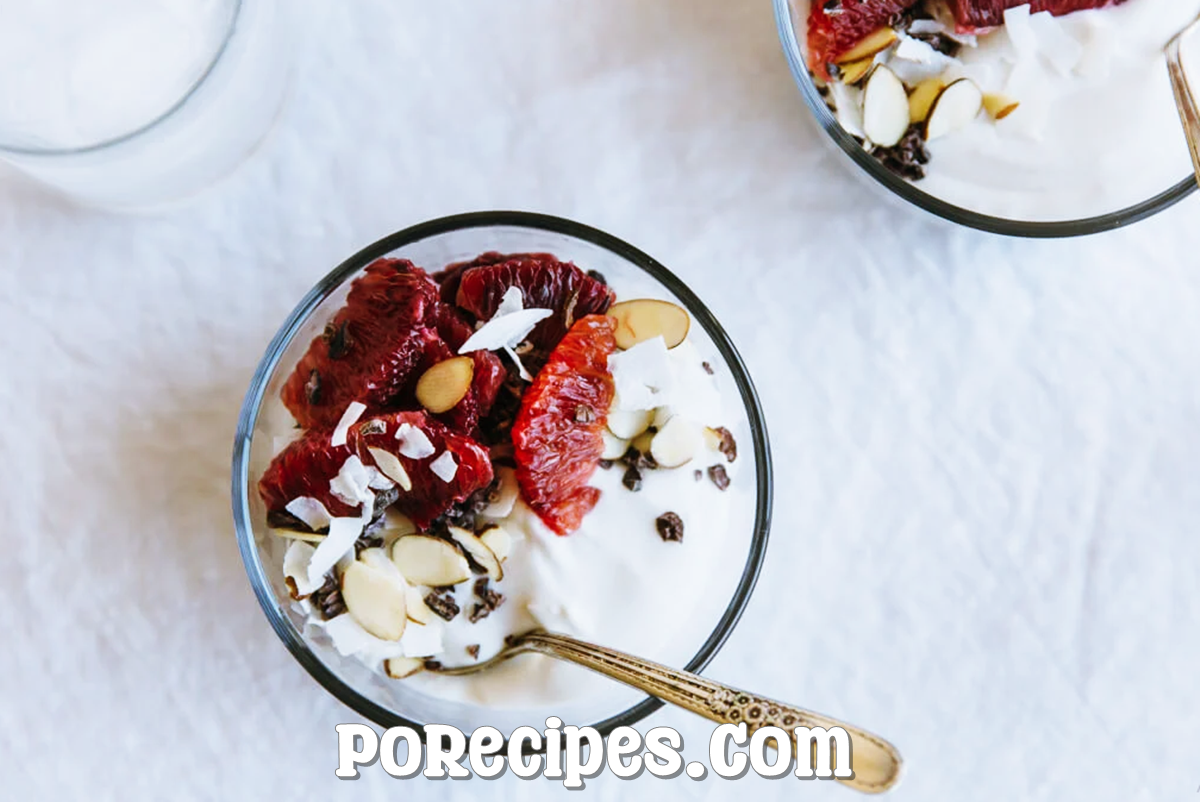
My preferred choice for preparing homemade yogurt is often dairy yogurt. I do, however, like to sometimes freshen things up by making coconut yogurt as a change of pace. Making coconut yogurt follows a procedure that is much the same as making dairy yogurt: I boil the coconut milk to 180 degrees Fahrenheit, cool it to 110 to 115 degrees, add my starter, and then let it culture for 7-9 hours before putting it in the refrigerator.
One thing that's different about making coconut yogurt is that it needs a little extra help to firm up. I like to add some gelatin to mine for its gut-healing properties, but if you are vegan, you can use agar powder instead. Just be careful not to add too much, as you want a creamy yogurt, not a firm panna cotta. If you have never tried coconut yogurt before, be warned that it's usually more tart and tangy than dairy yogurt, almost like sour cream.
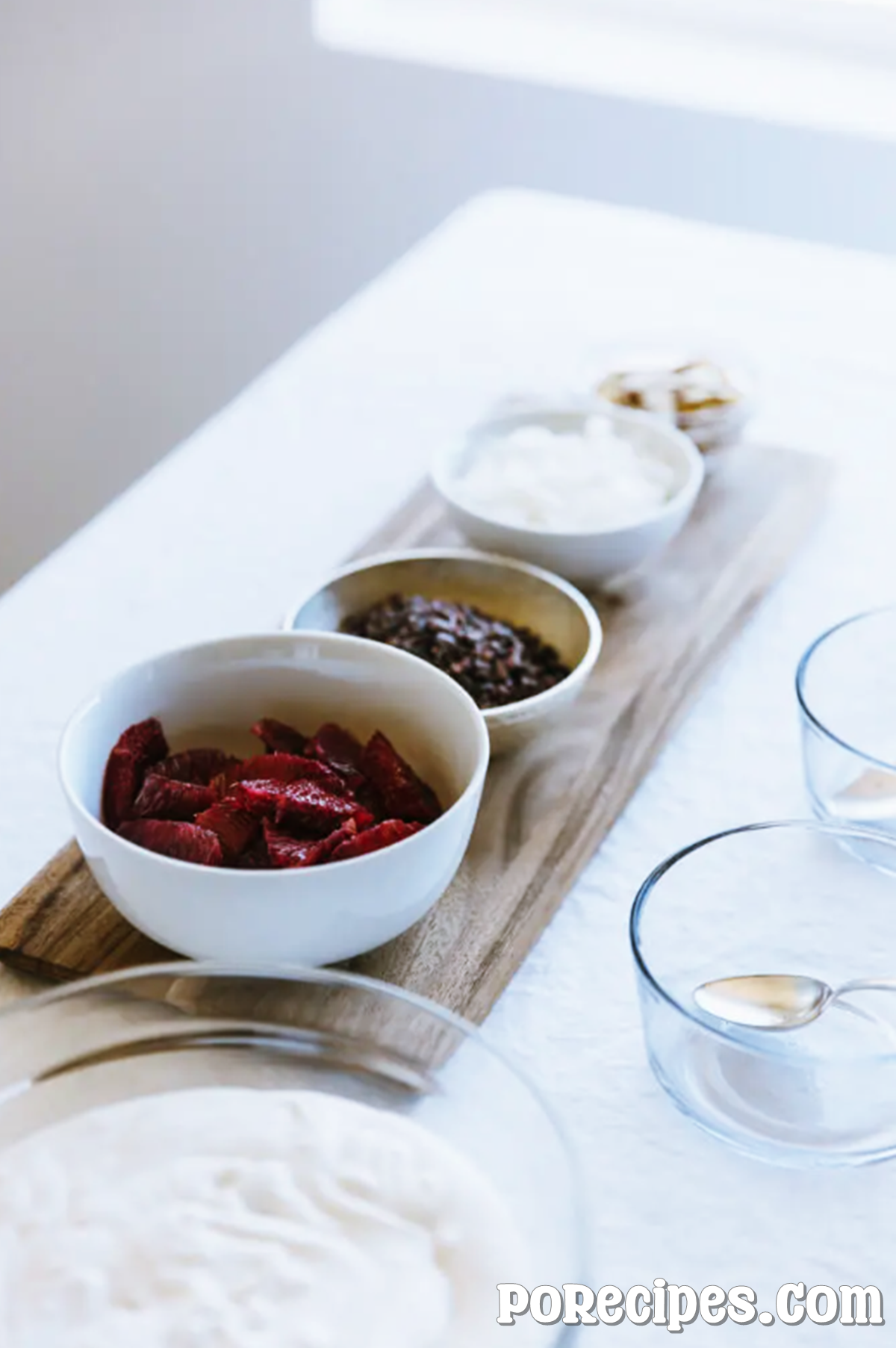
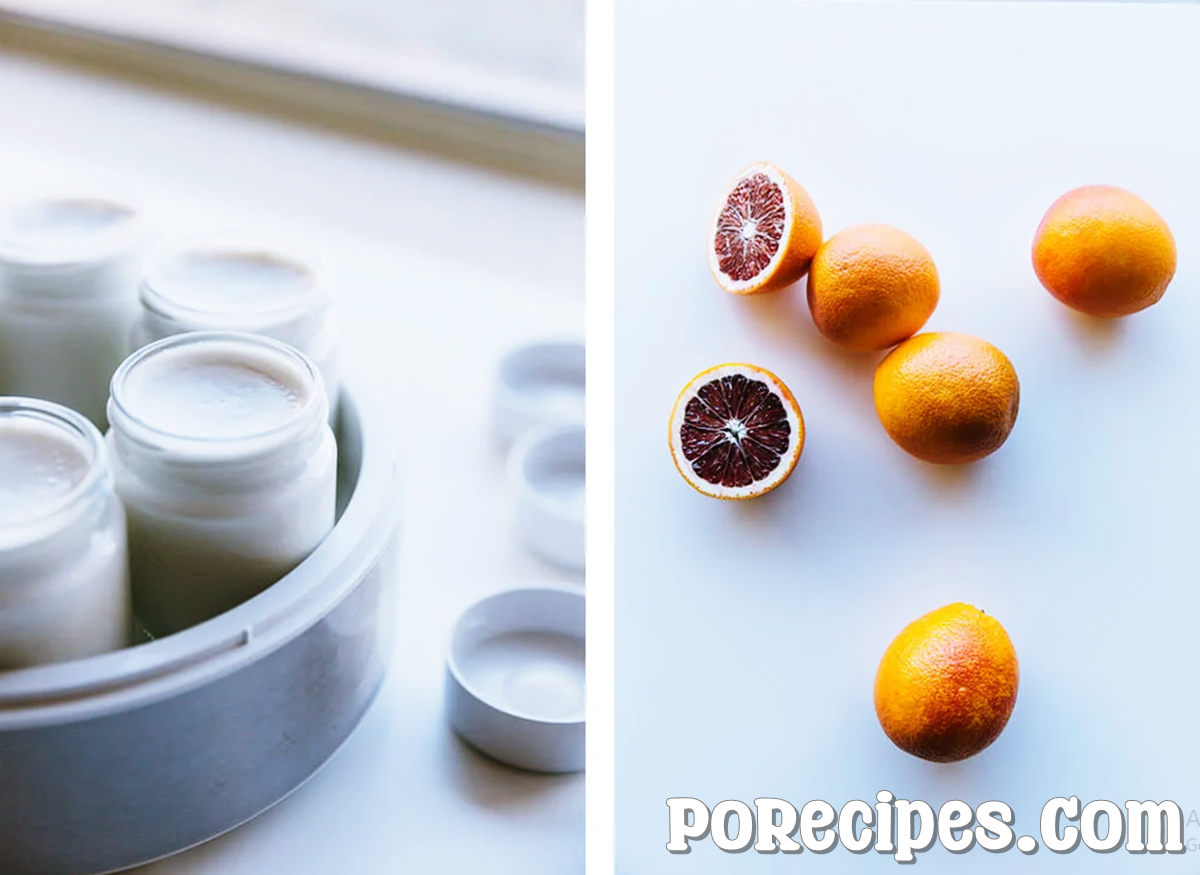
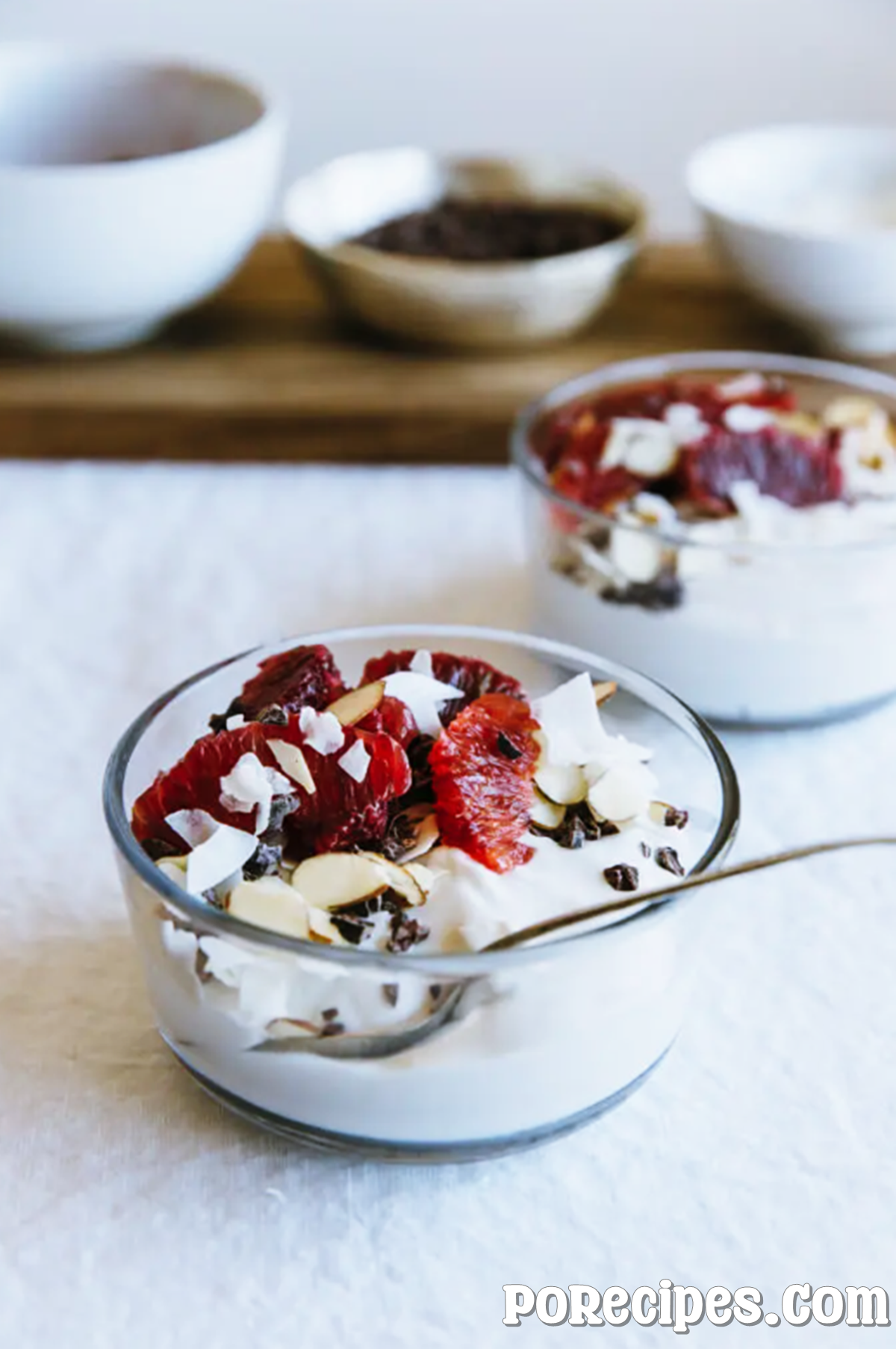
This is because dairy milk has lactose, a natural sugar that makes dairy yogurt sweet, which is absent in coconut milk. On the other hand, coconut yogurt has more fat and less protein than dairy yogurt. Both types of yogurt can be healthy as long as they are homemade and not store-bought, but which one you prefer really depends on your personal taste and nutritional needs. I highly recommend investing in a yogurt maker if you plan on making yogurt frequently.
I have been using mine for years, and it always produces great results. Now, let's talk about toppings! One of my favorite ways to enjoy coconut yogurt is with fresh blood oranges, raw cacao nibs for a burst of chocolate flavor, and some crunchy coconut flakes and sliced almonds for texture. My dad and I loved this breakfast so much after celebrating his birthday that we had it again the next morning!
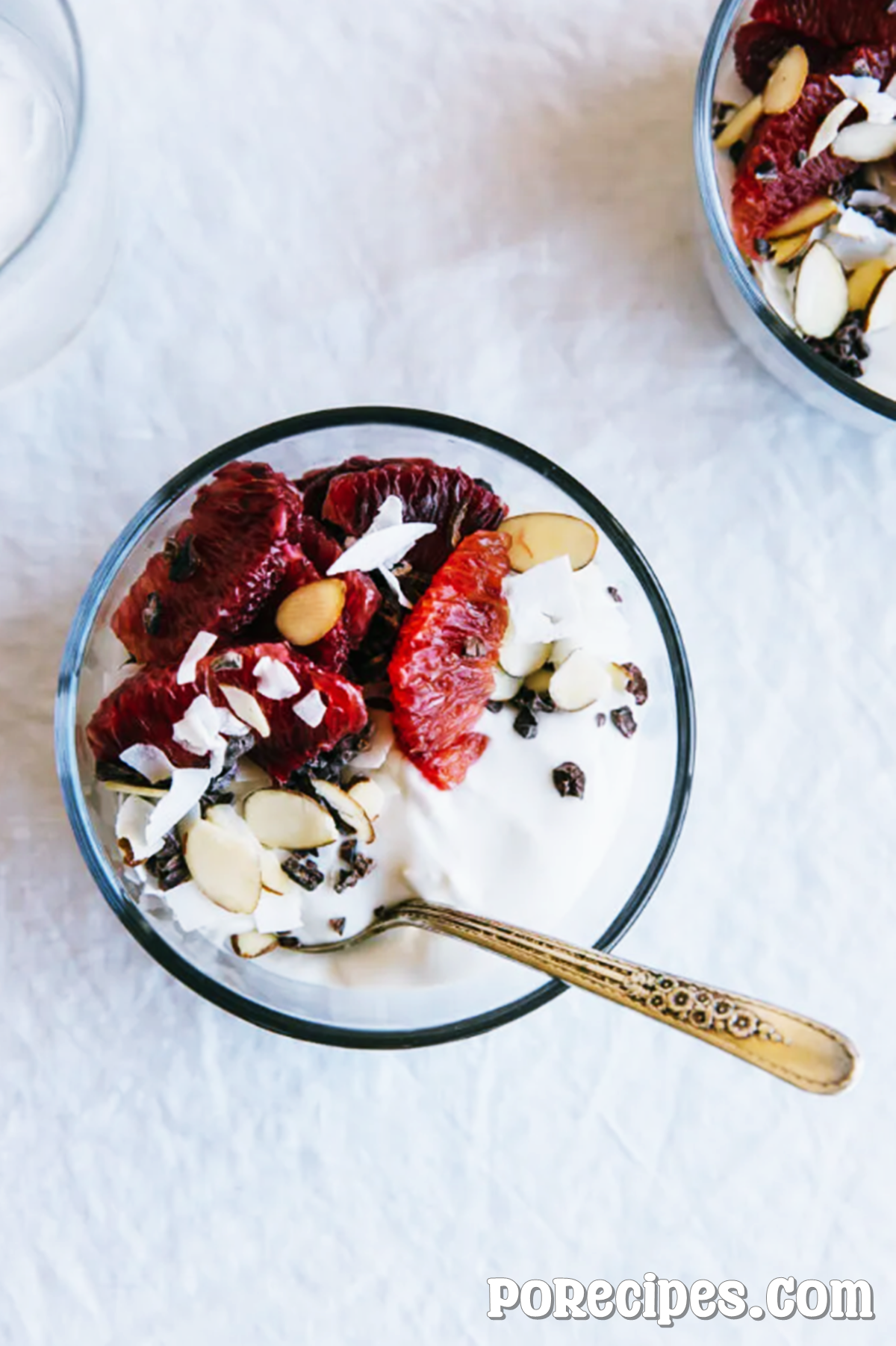
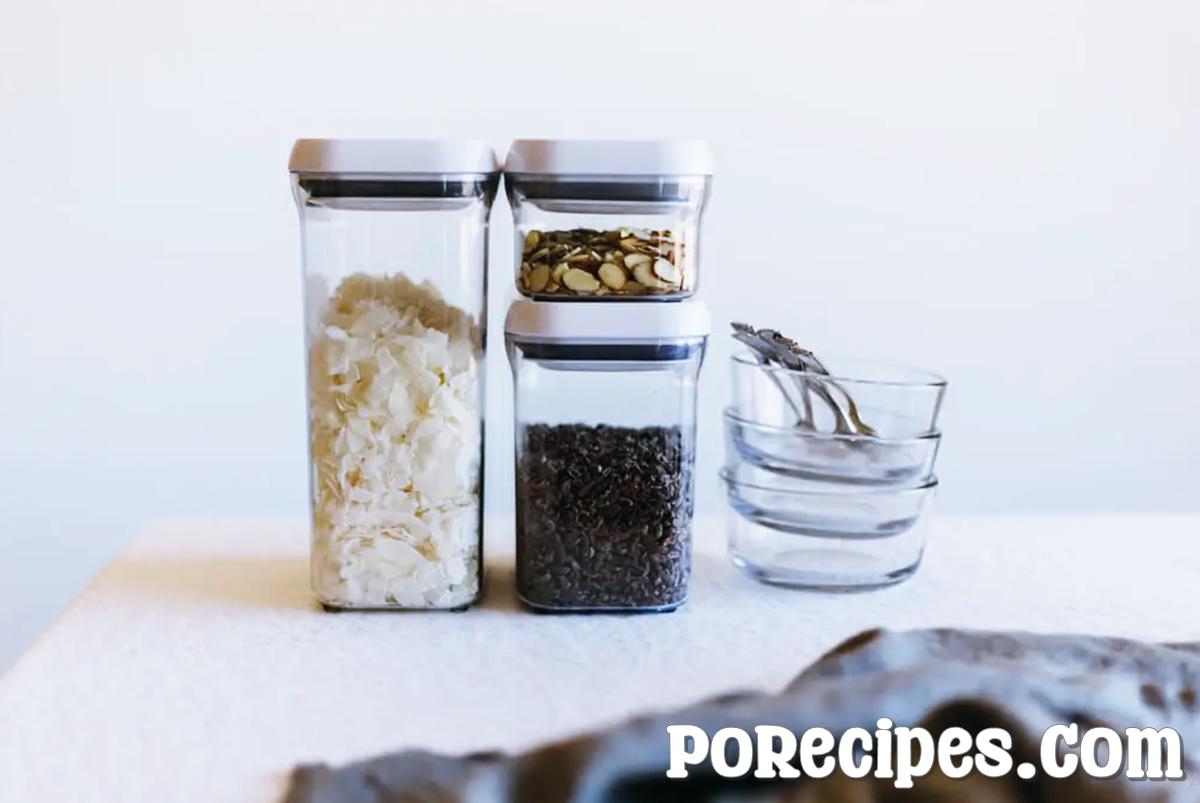
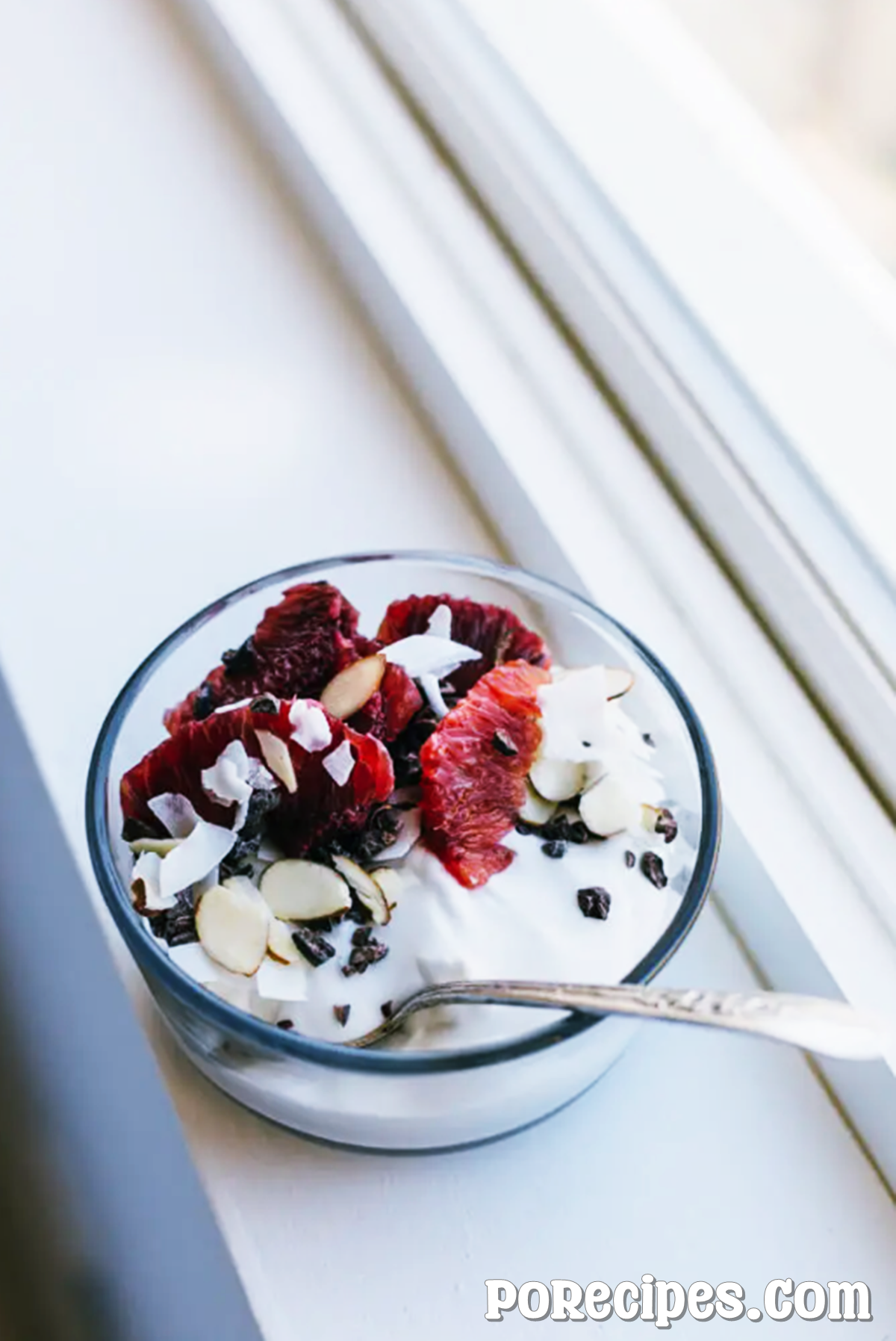
How to Refrigerate Coconut Yogurt:
Coconut yogurt may be chilled by simply putting it in an airtight container and putting it in the fridge. Coconut yogurt normally keeps for a week or so in the fridge. Before eating your yogurt, be sure to check the expiration date on the container.
How to Freeze Coconut Yogurt:
Coconut yogurt may be frozen by packing it in an airtight container and keeping it in the freezer. In the freezer, frozen coconut yogurt normally keeps for 1-2 months. When you're ready to eat it, let the yogurt thaw overnight in the fridge or for a few hours at room temperature.
How to Reheat Coconut Yogurt (If Required):
It is possible to reheat coconut yogurt if you want it warm, but it may also be consumed cold or at room temperature. Just put coconut yogurt in a microwave-safe dish and reheat it for 30-45 seconds on high. If necessary, stir the yogurt and rewarm it in the microwave for an additional 10-15 seconds.
FAQs
Is coconut yogurt healthy?
Yes, coconut yogurt is a healthy option, especially if you make it at home using natural ingredients. It is a good source of probiotics, healthy fats, and other nutrients.
Can I make coconut yogurt without gelatin or agar powder?
Yes, you can make coconut yogurt without gelatin or agar powder. You can use other thickeners, such as tapioca starch or cornstarch.
What is the shelf life of homemade coconut yogurt?
In the refrigerator, homemade coconut yogurt normally keeps for around a week. It may be preserved for one to two months by freezing. Before ingesting it, make careful to verify the expiration date.
Is it possible to use coconut yogurt for dairy yogurt in recipes?
In the majority of recipes, coconut yogurt may be used in place of dairy yogurt. However, be aware that since coconut yogurt has a tangier flavor than dairy yogurt, the finished meal can have a somewhat different flavor.
Conclusion
Coconut yogurt is a delectable and nutritious substitute for regular dairy yogurt. It is simple to prepare at home and maybe frozen for later use. Coconut yogurt is a flexible ingredient that can be utilized in a number of dishes, whether you like it warm or cold.

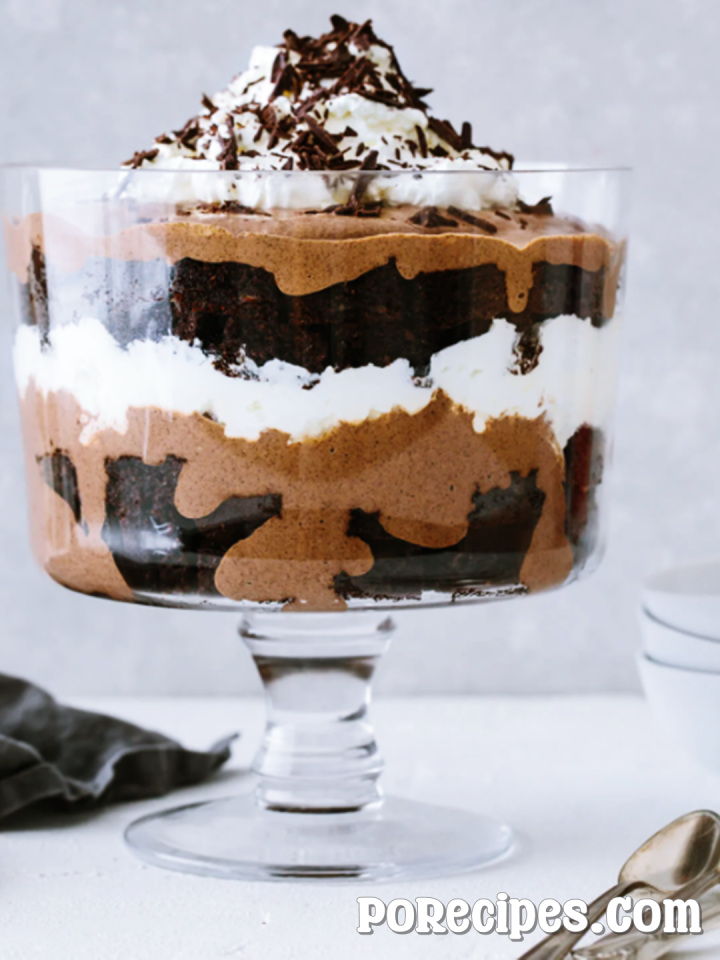


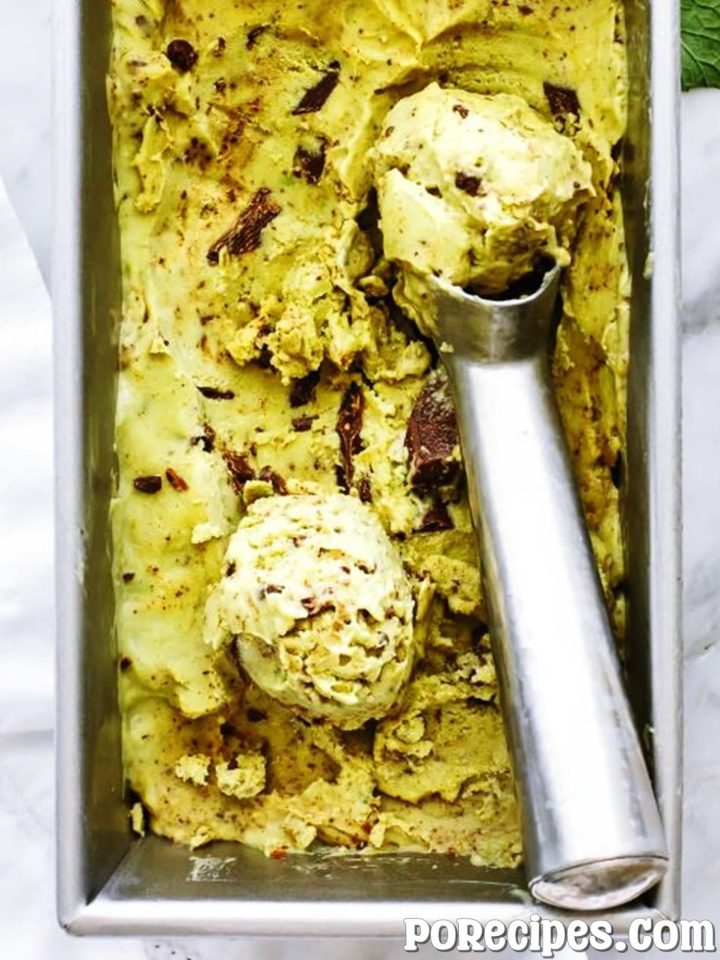
Leave a Reply